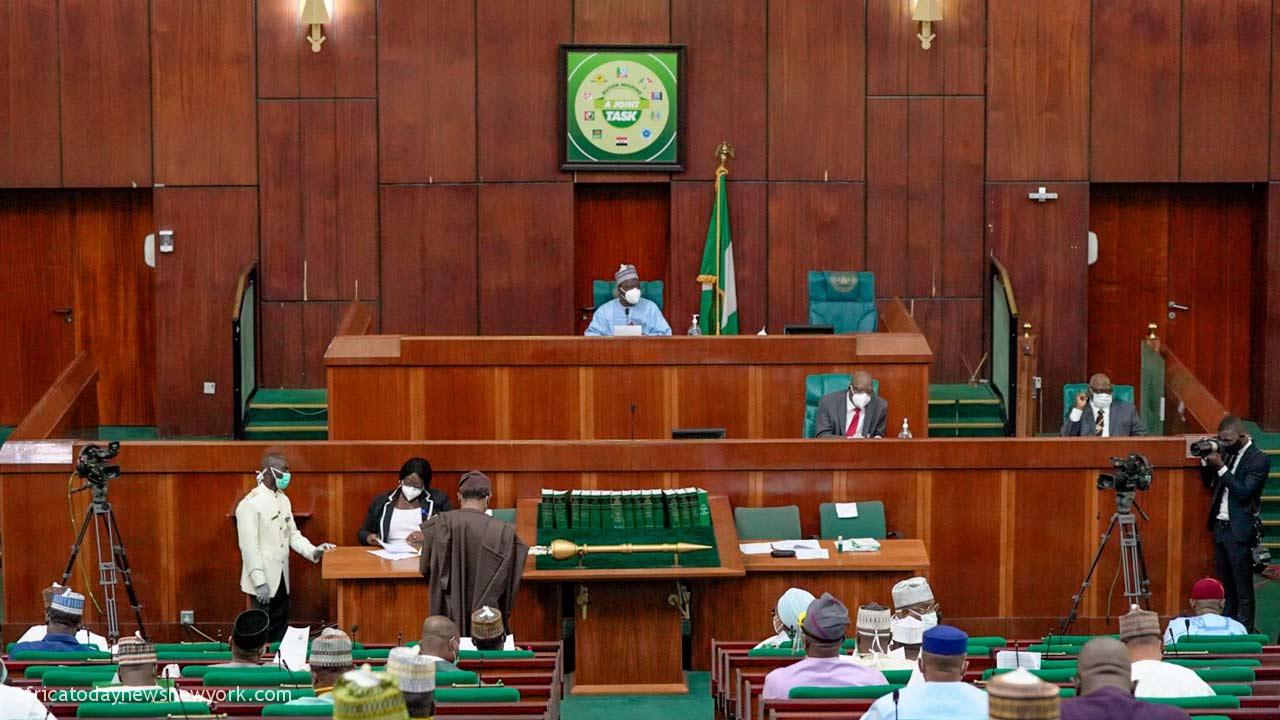The Nigerian House of Representatives has finally resolved to set up an ad hoc committee which would be in charge of the investigation for the shortage of passport booklets and sharp racketeering practices at passport offices.
The House had also asked the Nigerian Immigration Service to temporarily suspend the biometric capturing policy for applicants to put an end the backlog of international passports. Furthermore, the House had also urged the NIS to immediately purchase more machines to aid the process.
Read Also: House Of Reps React To Dismissal Of Electoral Act Suit
These resolutions followed a motion moved by Fred Agbesi from Bayelsa State on Thursday.
In his motion, Agbedi said applying for an international passport has become frustrating for most Nigerians. He had also noted that due to sharp practices by officials of immigration services, Nigerians still have to wait for months to get passports.
Agbedi added that the decision of the federal government to produce 30,000 e-passports has not addressed the challenges.
“In recent times, the process of applying for Nigerian passport has become so frustrating as the process is bedeviled with delays occasioned by the shortage of passport booklets.
“These have brought about sharp practices as well as rip off charges, to the detriment of our people within and outside the country,” the motion reads in part.
The ad hoc committee is to report to the House in eight weeks.
In another report, while reacting to the Supreme Court verdict as regards the controversial Electoral act suit, the House of Representatives had on Friday hailed the Supreme Court for Nigeria’s judgement, which had struck out the suit by President Muhammadu Buhari who was looking to void the provision of section 84 (12) of the Electoral Amendment Act 2022.
Representative Benjamin Kalu who is the Spokesperson of the House, had made the commendations while he was speaking with NAN in Abuja.
The court had earlier stated that President Muhammadu Buhari had lacked the power to give instructions to the National Assembly which would be to enact or amend an act, adding that it violated the principle of separation of power.

